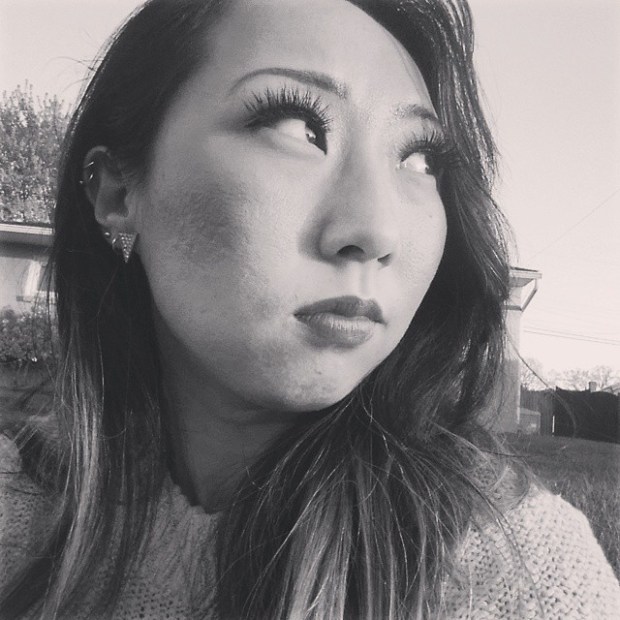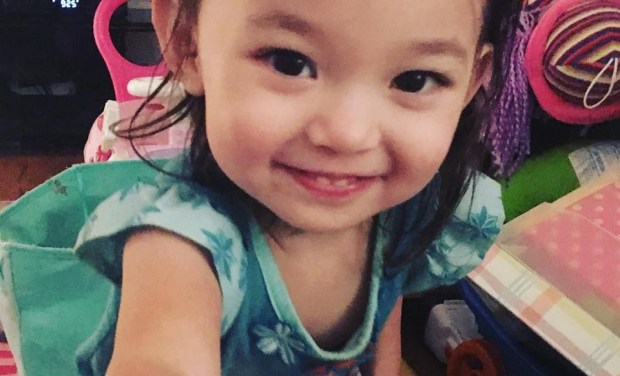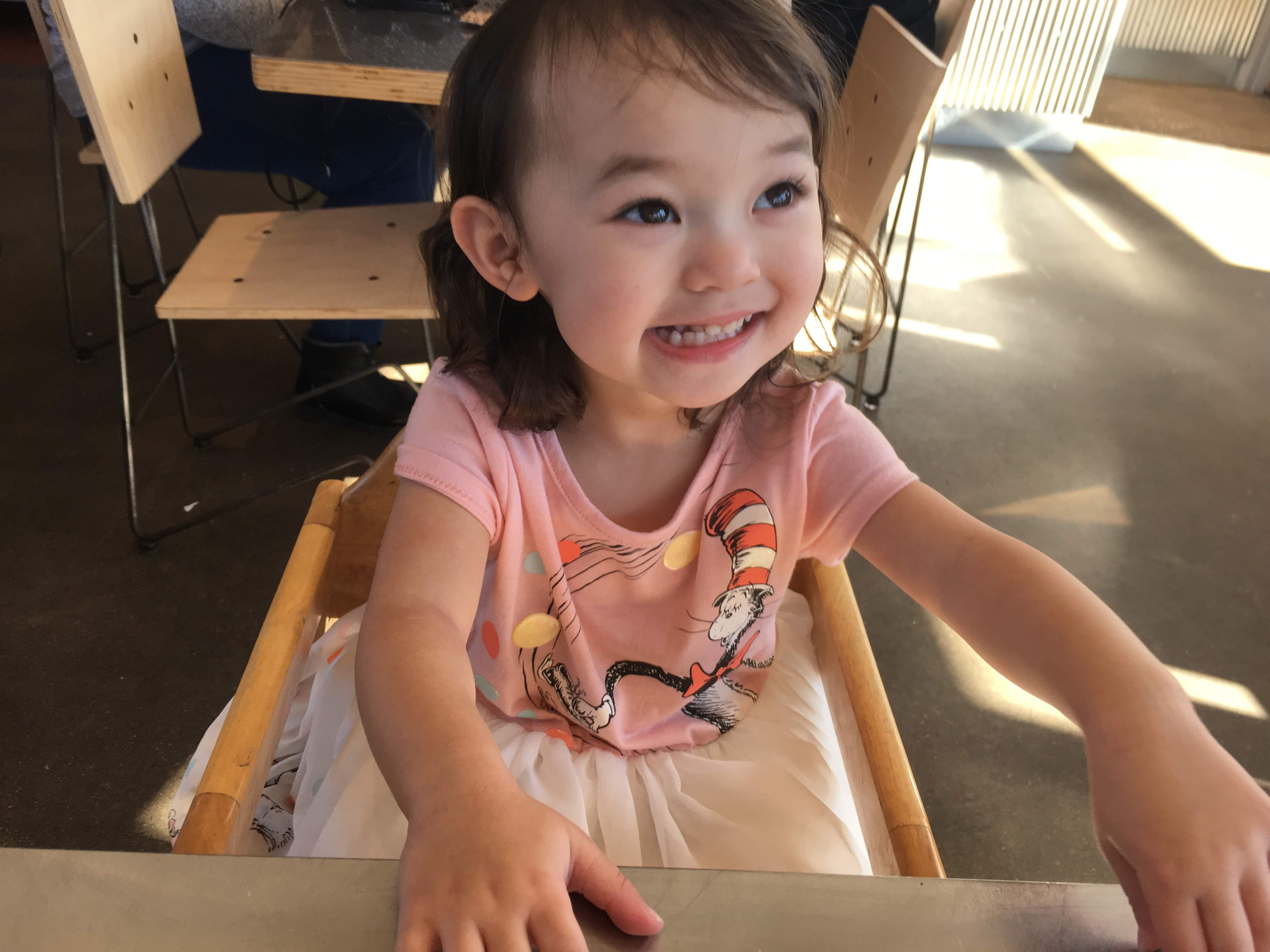Ever since my spiritual awakening a couple years ago, I’ve been thinking about how important it is to connect with your heart. I wrote a little about this exploration in my posts about how I connected with my heart in a deeper way through tidying up working through the KonMarie method developed by Marie Kondo. I’ve been thinking about how many of my decisions in the past were based on duty, or what I “should” do. I started to ask myself if I was actually happy with the decisions I made or the outcomes that unfolded as a result. I realized I wasn’t happy with a lot about how I was living my life. But, I was confident that I could make some major changes. I systematically went through each item in my home to determine if it brought me joy through Marie Kondo’s tidying method. And I whittled down my possessions to things that only sparked joy for me. My home and my outlook were completely transformed. I’ve been exploring how to take these principles and apply them to my decision-making and my overall outlook of how I think about things.
One thing I realized was that our thoughts and feelings matter and they are things we really need to pay attention to if we are going to lead our best lives. Our thoughts and feelings are essences of not only who we are but what we are perceiving in the world. This can lead to incredible insights not only for ourselves but for our community and our world. I’m positive that if we each listened to our own hearts, we’d have a kinder more peaceful and productive world. We’d have more scientific breakthroughs and more innovation in our workplaces.
I realized that when we follow our hearts, we are not onl y happier, we are more effective and productive. I find that those times when I just grit my teeth and bear things to push through, I not only do less comprehensive quality work, but I also find myself feeling stressed and regretful afterward. But, when I lead with my heart, I never have regrets. Even if the outcome isn’t what I hope for as I don’t finish what I wanted or I didn’t get the desired outcome, I still feel content about it. I don’t feel regrets when I look back at that time. I enjoyed the process, so the process brought me joy and contentment and peace. And I find that the more peace and joy you cultivate in the way you live your life, the more that you naturally continue in that nature of cultivating peace and joy. So, peace begets peace. Just like a body in motion stays in motion. It becomes the natural progression of events. It cultivates and builds a life worth living.
y happier, we are more effective and productive. I find that those times when I just grit my teeth and bear things to push through, I not only do less comprehensive quality work, but I also find myself feeling stressed and regretful afterward. But, when I lead with my heart, I never have regrets. Even if the outcome isn’t what I hope for as I don’t finish what I wanted or I didn’t get the desired outcome, I still feel content about it. I don’t feel regrets when I look back at that time. I enjoyed the process, so the process brought me joy and contentment and peace. And I find that the more peace and joy you cultivate in the way you live your life, the more that you naturally continue in that nature of cultivating peace and joy. So, peace begets peace. Just like a body in motion stays in motion. It becomes the natural progression of events. It cultivates and builds a life worth living.
It never fails: when I feel like I need to do something because I’m stressed or due to some other fear reaction, and I have another alternative which seems more peaceful like a breath of fresh air, the option toward the breath of fresh air is always more powerfully the better option on so many levels– not only in the moment but the ripple effects afterward. I recently had some work to take care of related to one of my jobs. But, it was eating into my time with my daughter that evening. I just pushed through with work because I felt really stressed about not having it done. And I was thinking that it would be better to have that done before the next day, so I would, ironically, have more time to spend with my daughter. I was stressed. I could hardly bring myself to just sit and be with my daughter because of these looming projects. So, I took care of the projects the best that I could. The next day I was so tired because I had worked through in stress-mode the night before (which exponentially drains energy). And I stayed up late for the second night in a row working rather than settling down for bed. The next day, I was too tired to focus as well on my work and to be fully engaged and present for my daughter. And it took even longer to recuperate that lost rest– so, for one evening of pushing through, I felt the fatigue and emotional effects days later. And ironically, when I had worked in that stress-mode, I felt more compelled to continue in that mode rather than to feel less stressed afterward. Even though I completed the tasks I was compelled to complete, I didn’t feel better. I still felt stressed. I had embraced my inner stress-mode. So, that became my default mode. It was hard to reset afterward. I thought that I would feel better if I just had the tasks done. But it turned out to be a less effective strategy than just waiting in that situation.
We aren’t always meant to wait to do things that need to be done. So, how do we know what we are supposed to do and when? Why do I think that it was better for me to wait to do my dutiful tasks at that moment? I think it has to do with what the highest priority was at that moment. I knew that my daughter’s nightly routine was my highest priority, so I was working against what my own heart was telling me. I was working like mad to get the other lower-priority items completed so that I could get to what I actually wanted to be doing at that moment. I was acting out of fear. Fear that I wouldn’t have enough time to do my work, fear that I would be judged, or that I wouldn’t meet the expectations of my co-workers if I didn’t take care of my work that night. I was also beating myself up emotionally the entire time, which in general tends to zap our energy and create a funk. The craziest (and most telling) part is that I did this thinking I wouldn’t have enough time the next day to take care of what I needed. I was compelled and thought I needed to absolutely get these items done– without a doubt. But, the next day, things transpired to where I definitely had ample time to take care of these work tasks more comfortably. So, my fears were unfounded. Instead of reacting in fear, I should’ve acted out of love. What would I love to do at that moment? And the answer was to let go of my work tasks and be with my daughter. Sometimes we don’t know what we’d love to do in certain instances. And that’s the perfect time to dig deeper, talk or mull it over, or think about things that just make sense to us. Those aren’t necessarily the times I’m talking about. I’m talking about those times when you are faced with two options: one option makes you feel alive and inspired and the other one makes you feel like your dead inside. As a society, let’s stop playing the martyr card and killing the very life inside of us by choosing the option that makes us feel dead inside. Let’s choose to lead our lives from a place of love and inspiration– let’s lead with our hearts. What do we love to do? Can we learn to recognize what our heart is saying? Some of us are so far away from any recognition of our own feelings that knowing what sparks joy or love for us seems almost impossible. 
Part of this lack of recognition of our own feelings is in part because of society’s socialization towards downplaying the validity and necessity of caring about our feelings and emotions. We hear it (or sense it) all the time as children after we trip and fall: the idea of just “Suck it up, you’ll live.” Or, “you’re fine.” Or as adults, when our bosses treat us in a way that demonstrates, “I don’t care how you feel, just get it done.” And as a society, where culture tells us, “just keep your nose to the grind, and plow through.” Our emotions and feelings are often discounted by people and professionals. From doctors listening to our complaints and implying we are crazy when we express our concerns and feelings. Or worse, when doctors report our problems are “just in our head” (as if having a psychological or psychiatric issue isn’t a valid concern). Or inferring that that’s not something that is scientifically-based or treatable medically. Or even worse, that having a psychological-emotional issue is a second-rate problem compared to some other medical condition. It’s just not true.
We are barraged with messages telling us not to pay attention to our own emotions or to our own psychological state. Messages telling us that these things aren’t important. However, I’ve come to realize that these things are not only equally as important as physical issues, but they may also even be more important to examine, understand, and address than the physical evidence alone. I can remember times in my life as a child when I “turned off” my feelings. Some times were related to ‘not caring’ about racist “teasing” I experienced about being Asian. Another time was when I was left at school for the first time. I can say for sure that turning off my emotions did not make me stronger. They were times of hurt or a defense mechanism out of fear. And it’s only been as an adult that I’ve been able to fully nurse these wounds and tell that little one it’s going to be okay.
So many times we can tell ourselves that what people think doesn’t matter. And we shouldn’t (or don’t) care what people think. However, we are such a communal breed. Humans are a social species. Our emotional states are elevated when we feel connected and accepted. And that’s not a bad thing! It’s how we are designed. We are emotional! Those who can’t empathize with others at all are called sociopaths. At work when I feel like I can achieve what is expected of me, I tend to thrive. When I feel that I’m being judged or singled out, I don’t perform as well. And when my relationships at home or at work are dodgy, my focus, my performance, and my productivity are affected. Our mental and emotional states impact how we are able to function and perform.
As part of my job as a speech-language pathologist, when I perform cognitive-linguistic testing for a patient who is afraid of my judging them, they often perform worse than a patient with an equivalent skill level who feels comfortable and at ease with me and with the task. Or if a person is really anxious, their performance suffers. If their test scores and performance fall below average, they could demonstrate signs of cognitive impairment. Another example is my voice patients who are severely anxious. Their psychological state has a direct impact on their muscle tension, their ability to let go and breathe fully. And they may end up with worse dysphonia. Dysphonia is a legitimate medical diagnosis. But, interesting that when we shift our mental state and alter our behavior, we can enhance or reduce the manifestation of that diagnosis physically– even to the point where we could meet the criteria to not have the condition.
 So, why is it that we continue to tell ourselves that these elements don’t make a difference? That our emotions and feelings don’t mean anything? My whole life I grew up being told not to care what people think. And being “different” by being a transracial adoptee, I was faced with the choice to care what others thought (or what I believed others thought) or to not. I’m realizing that for a long time we were taught to “turn off” those emotions, to ignore them for personal or productivity-sake. It’s completely normal to care about what people think, but I’m learning that I don’t need to care about what everyone thinks of me. So, instead, I’m focusing on being selective about whose opinions I care about. I’m choosing my people: finding my tribe. Not everyone has the same strengths, weaknesses, experiences, communication styles, expressive language abilities, and education level. I’ve been curating my life with what I think, feel, and love. And it’s been life-changing. I’ve been figuring out what I love! That’s been so incredible and amazing. And it’s been something that’s been underrated in my own life.
So, why is it that we continue to tell ourselves that these elements don’t make a difference? That our emotions and feelings don’t mean anything? My whole life I grew up being told not to care what people think. And being “different” by being a transracial adoptee, I was faced with the choice to care what others thought (or what I believed others thought) or to not. I’m realizing that for a long time we were taught to “turn off” those emotions, to ignore them for personal or productivity-sake. It’s completely normal to care about what people think, but I’m learning that I don’t need to care about what everyone thinks of me. So, instead, I’m focusing on being selective about whose opinions I care about. I’m choosing my people: finding my tribe. Not everyone has the same strengths, weaknesses, experiences, communication styles, expressive language abilities, and education level. I’ve been curating my life with what I think, feel, and love. And it’s been life-changing. I’ve been figuring out what I love! That’s been so incredible and amazing. And it’s been something that’s been underrated in my own life.
There have been missteps along the way. I have made mistakes. I’ve learned from them. I’ve gotten better at knowing what I love and recognizing when and how I love to do it. I’m getting to know myself more and more and what makes me thrive. This is the journey for all of us, adopted or not. Celebrating who we are and connecting with others in a loving and meaningful way. And connecting with your emotions and feelings is a big part of it. So, lean into your feelings today!
xoxo
Rachel









